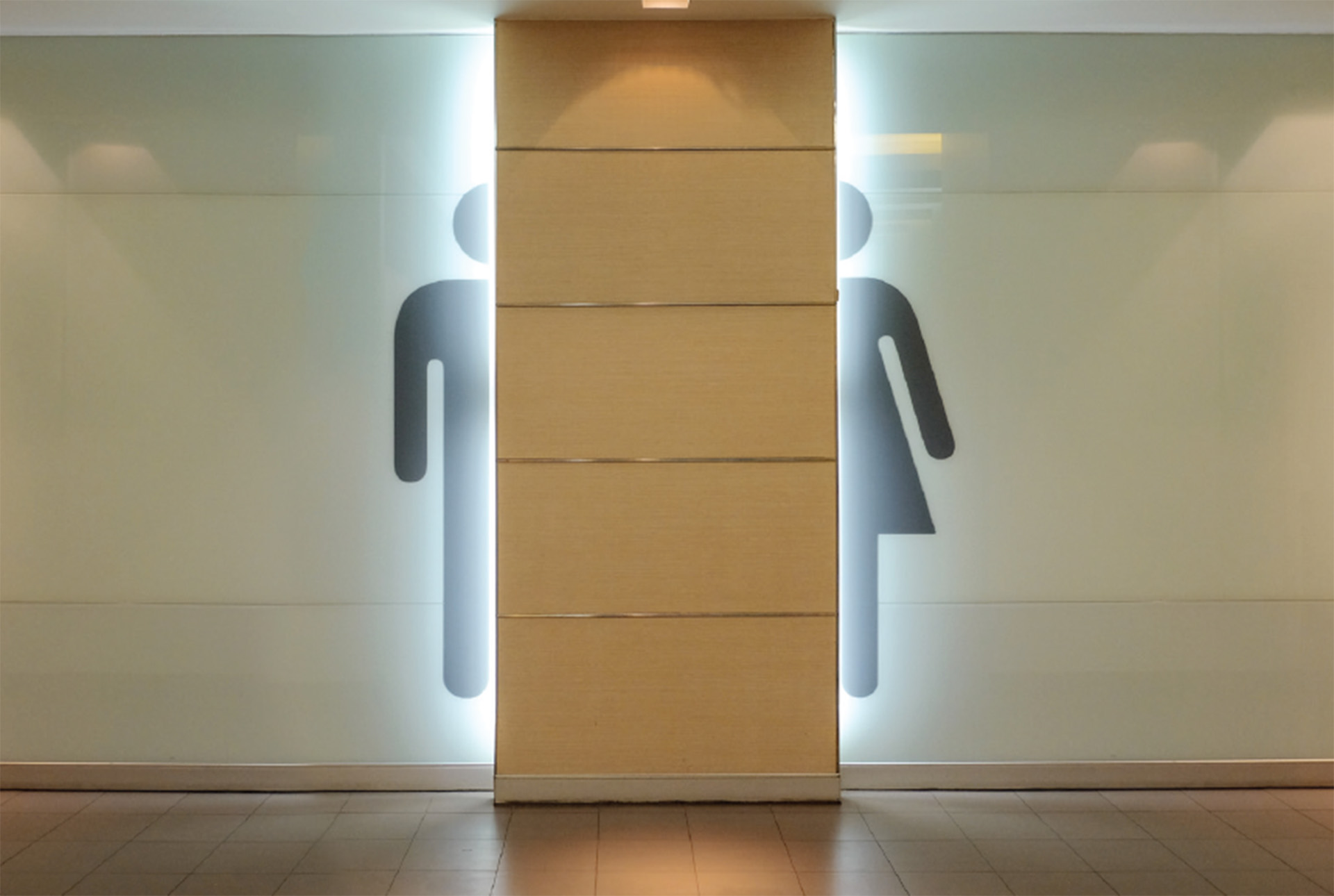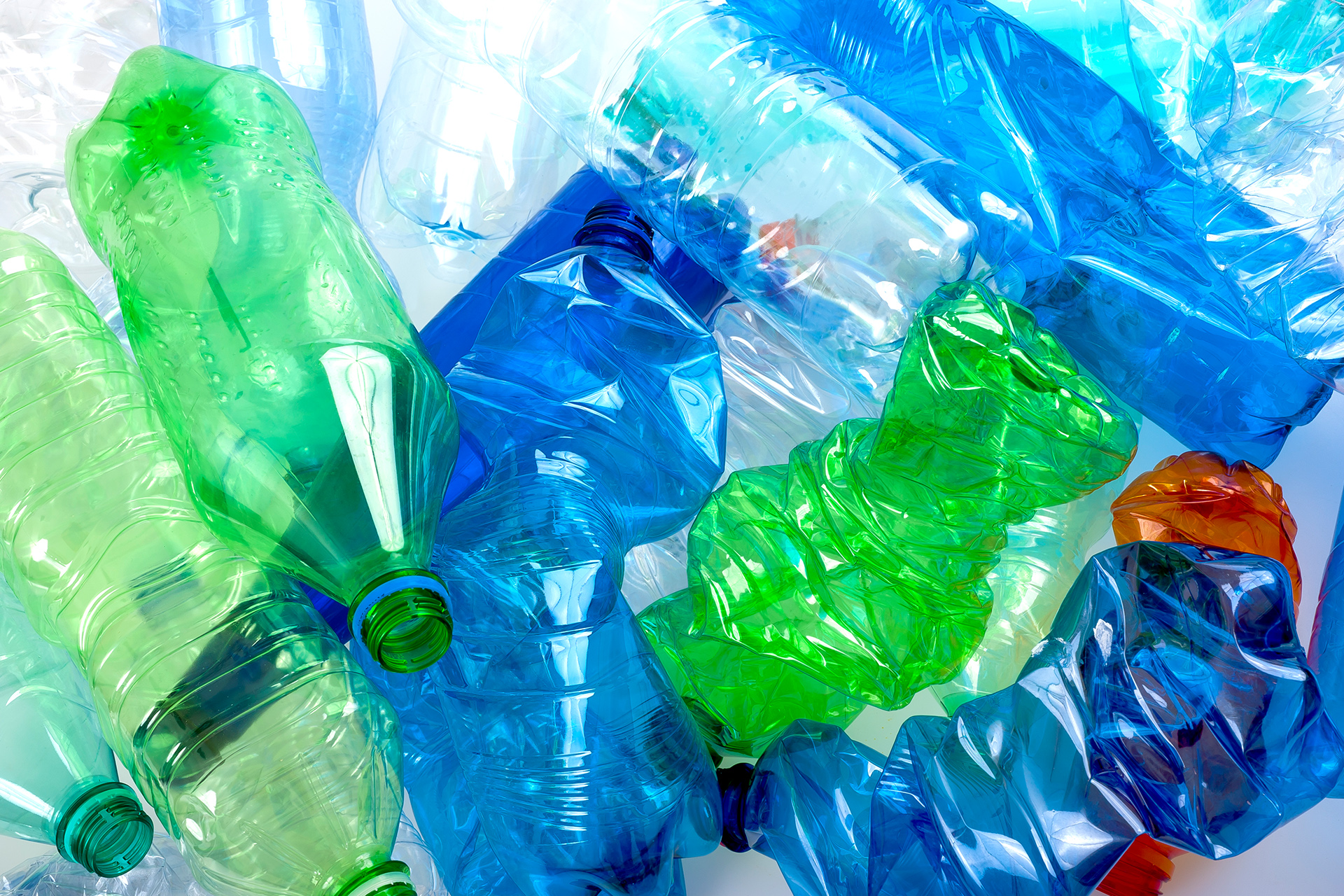Fans at footy grand finals, tennis tournaments and spring racing carnivals are generally more interested in sporting whitewashes and brushing opponents aside than they are the state of stadium washrooms. But while washroom facilities may not be front of mind when supporters are buying their tickets, there’s no doubt that they do leave an impression.
“The washroom isn’t the main event, but it is still an important part of a customer’s experience at an event,” says Kate Moller, Account Manager Hospitality & Healthcare at Bunzl Australia & New Zealand. “Hygiene reflects the overall quality of the event and the care provided by the venue. Long lines, bad smells and unclean facilities can really taint the customer experience.” At this scale, washroom hygiene becomes more than a service; it’s part of a venue’s crowd management strategy and brand reputation.
With big crowds come big responsibilities, and keeping washrooms hygienic and operational for high-traffic volumes over many hours can be as tricky as coaching the Wallabies.
With the season of major sporting events in full swing in Australia and New Zealand, venues are playing for high stakes. Sports and recreation facilities were a $2.4bn industry in Australia in 2024-25, according to IBISWorld, with the majority of that revenue coming from major stadium events. And sport’s popularity is growing. Record crowds are attending AFL and NRL games, and flocking to events such as the Australian Open tennis and the Australian Grand Prix. The return of international music tours has also given the industry a boost and diversified revenue. In New Zealand, Eden Park hosted over one million visitors in 2023 across a mix of international sport, concerts, festivals and community events – the highest attendance in the venue’s history. Single events regularly draw crowds of over 40,000, with several FIFA Women’s World Cup matches attracting more than 43,000 spectators. In these high-pressure environments, success lies in managing not just the quantity of foot traffic but the timing and flow of movement through key areas such as washroom facilities.
Leading venues are turning to smart sensors that track stock levels in real time, mobile response teams that can move quickly across concourses, and flexible cleaning schedules that respond to live demand rather than rigid time slots.
“The washroom isn’t the main event, but it is still an important part of a customer’s experience at an event.”
PLANNING AND TRAINING
From training janitorial teams to organising supply logistics, the challenges of managing washrooms at major events demand expert organisation. “There’s generally a large volume of stock required and limited space to store the stock on site,” says Moller. “You need to forecast correctly, make sure you have enough dispensers to accommodate the volume of attendees, and ensure staff have access to stock and are prepared for the demands of cleaning and dispenser replenishment.”
Effective planning begins well before the crowds arrive. Accurate forecasting is essential, not just to ensure stock levels meet demand, but also to confirm that the right dispensers are installed, functional and suited to high-traffic use. Trialling products and systems at smaller events can offer valuable insights and help iron out operational kinks. Just as crucial is ensuring staff are well-trained ahead of time, so that washroom operations run smoothly under pressure.
Poorly maintained and unhygienic washrooms can also be a health and safety hazard, and lead to government or council investigations, resulting in warnings, fines and revocation of licenses.
And it’s more important than ever to keep customers happy. “There’s an increased focus from customers on the maintenance of clean
and well-stocked washrooms,” says Moller. “Customers have a higher awareness of hygiene – especially since the pandemic. And they expect a higher standard of washroom practices. They expect soap, paper towels and toilet paper to be readily available. They want visible
sanitation schedules and touch-free amenities.
“Substandard practices may lead to complaints, generally online, which could affect the profile of the venue.” When the full-time whistle blows, if fans have had access to clean washrooms, they’re more likely to recommend a venue, Moller says. The bottom line is clear: “Venues that prioritise hygiene and are well stocked are more likely to be chosen to host major events.”












